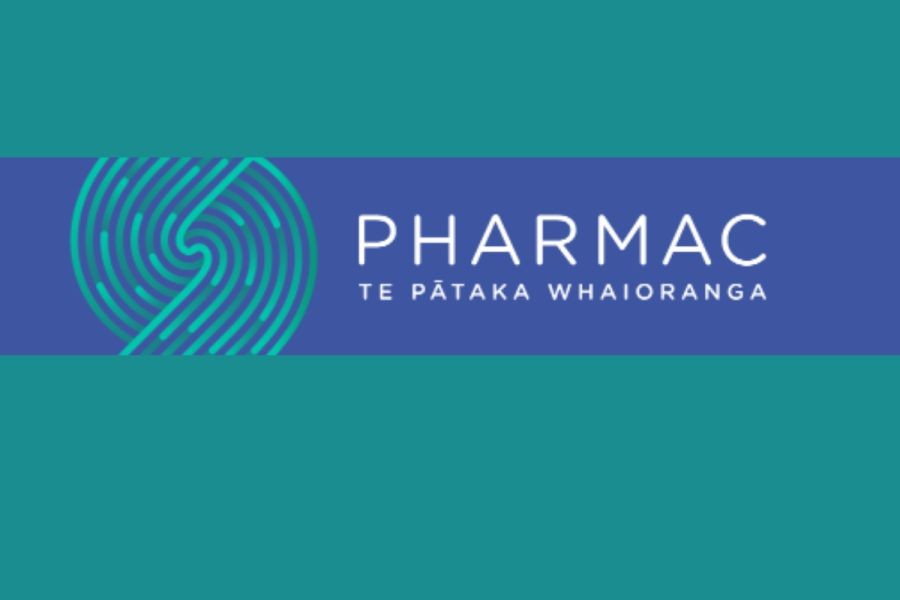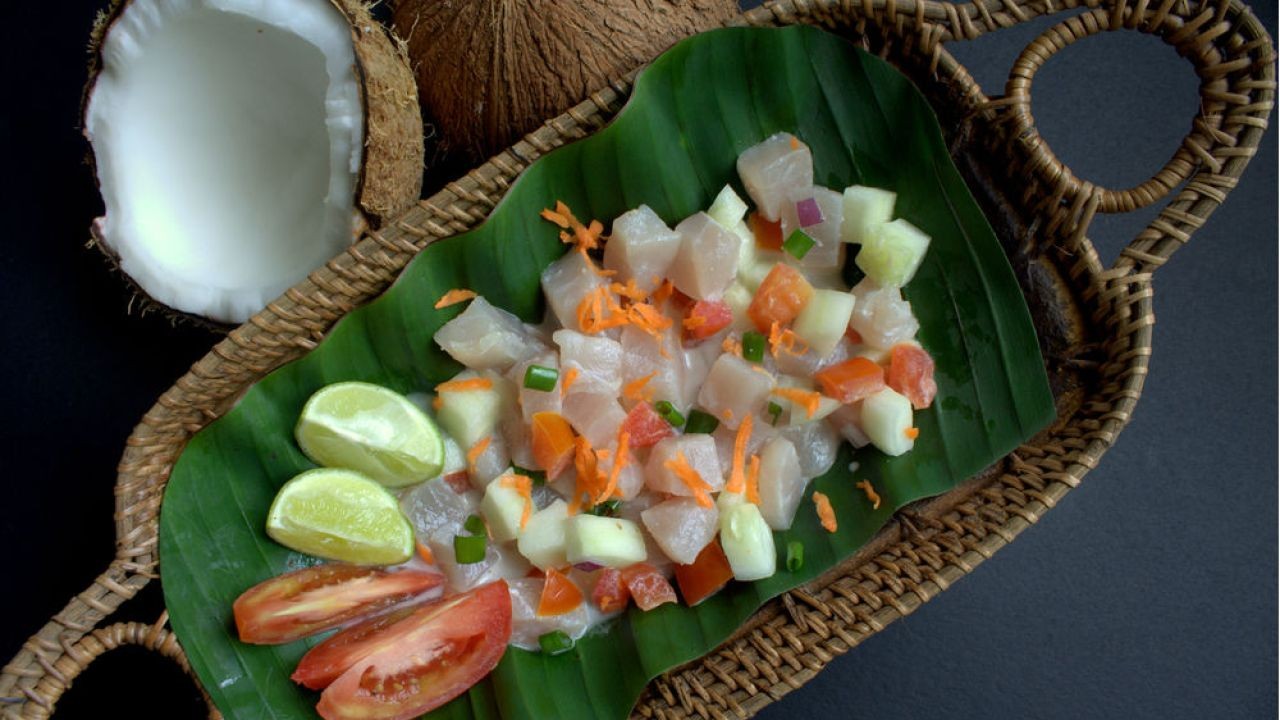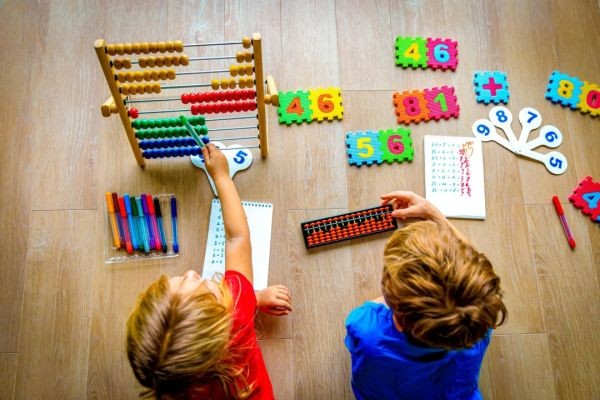Auckland’s education system offers parents a stark choice: enroll their child in a public school (government-funded, low or no fees) or a private school (independent, with tuition averaging 25,000–35,000 annually). But does private schooling guarantee better results, or is it a premium paid for perceived prestige? This data-driven analysis cuts through assumptions to reveal what tuition buys—and what it doesn’t.
Academic Outcomes: Private Schools Lead, But Not Universally
Private schools dominate university entrance (UE) rates:
-
Top private institutions (e.g., St Cuthbert’s College, Kristin School) boast 98–100% UE rates, with 60%+ of students earning NCEA Excellence or IB Diploma scores.
-
Elite public schools (e.g., Auckland Grammar, Epsom Girls’ Grammar) closely match these results, achieving 95–97% UE rates.
However, the gap widens in mid-tier schools:
-
Average UE rates for private schools: 89% (2023 Ministry of Education data).
-
Average UE rates for public schools: 72%, skewed by underfunded decile 1–5 institutions.
Expert Insight: Dr. John Hattie (University of Melbourne) notes, “The ‘private school effect’ shrinks when controlling for socioeconomic status. High-decile public schools often match private outcomes because they draw similarly privileged cohorts.”
The Cost Conundrum: What $30,000 Buys
Private school fees in Auckland have risen 40% since 2010, far outpacing inflation. For example:
-
St Kentigern College: $32,500/year (includes tech fees, sports trips).
-
Diocesan School for Girls: 28,000/year+5,000 “voluntary” donations.
Public schools are nominally free but rely on parental donations (500–1,500/year) and activity fees. Decile 10 schools like Takapuna Grammar fundraise aggressively, while decile 3 schools struggle to provide basics like textbooks.
Hidden Costs: Private schools often require costly uniforms, international trips, and tutoring. Public schools face “opportunity gaps”—e.g., limited robotics clubs or debating teams in low-decile areas.
Extracurricular Edge: Private Schools Invest in ‘Soft Skills’
Private institutions leverage resources to build well-rounded profiles for university applications:
-
Global Exposure: Kristin School’s IB students intern at UN-affiliated NGOs.
-
Specialist Facilities: King’s College’s $10M sports complex trains future Olympians.
-
Arts & Tech: St Cuthbert’s offers AI programming courses with Microsoft partnerships.
Public schools counter with community-driven programs:
-
Macleans College: Top-ranked in robotics, funded by alumni donations.
-
Auckland Grammar: National champion debating team, despite no tuition fees.
Psychology Factor: A 2023 NZCER study found private school students report higher confidence in leadership roles, attributing it to small class sizes and mentorship.
The Opportunity Divide: Networks vs. Diversity
-
Private Schools: Elite networks matter. Old Boys/Girls associations from King’s College or Pinehurst School open corporate and political doors.
-
Public Schools: Reflect Auckland’s multiculturalism. Decile 5–7 schools like Avondale College foster resilience in heterogeneous environments, preparing students for real-world collaboration.
Global Comparison: Auckland’s private schools mirror UK’s “public schools” (e.g., Eton) in exclusivity, while top public schools rival Singapore’s meritocratic model.
Historical Context: Why Private Schools Emerged
Auckland’s oldest private schools (e.g., King’s College, est. 1896) were founded to educate colonial elites. Public schools grew post-WWII to serve booming suburbs. Today, 14% of Auckland secondary students attend private schools—double the national rate—driven by aspirational immigrant families (notably from Asia).
Predictive Trends: Will Tech Erase the Divide?
-
AI Tutoring: Public schools like Ormiston Senior College use government-funded EdTech to personalize learning.
-
Hybrid Models: Private schools risk losing value as online platforms (e.g., Crimson Education) democratize Ivy League prep.
Economic Forces: Rising living costs may shrink private enrollments. A 2023 ASB report found 28% of Auckland parents now prioritize mortgage payments over private tuition.
Mindset & Perception: The “Worth It” Calculus
Parents often conflate price with quality. Yet, a NZQA study found parental involvement impacts outcomes more than school type. Low-decile public school students with engaged families outperform disengaged peers at private schools.
Case Study: Rangitoto College (public, decile 10) vs. Kristin School (private):
-
Similar UE rates (97% vs. 98%).
-
Kristin students average 12% higher IB scores but show no long-term income advantage (2022 NZ Census).
Clear Recommendations
-
For Academic Rigor: Choose elite public schools (e.g., Auckland Grammar) or private IB programs (e.g., Kristin).
-
For Specialized Skills: Private schools excel in niche areas (e.g., arts at ACG Parnell College).
-
For Affordability: High-decile public schools offer 90% of private benefits at 10% of the cost.
-
For Equity: Advocate for increased public funding to bridge extracurricular gaps.
Final Verdict
Private schools offer curated environments and networking, but Auckland’s top public schools deliver comparable academics without the debt. The “worth” of tuition hinges on your child’s needs: a future Olympian may thrive at King’s College, while a STEM prodigy could shine at Macleans College for free.
Join the Discussion
Did you choose private or public for your child? What factors swayed you? Share your story below—let’s help parents navigate this high-stakes decision!
Data Sources: Ministry of Education NZ, NZQA, Education Review Office, ASB Bank Report.
Keywords: Private vs. public schools Auckland, academic outcomes, school fees, university entrance rates, extracurricular opportunities.
Engage With Us: Tag a parent weighing this choice, or comment anonymously if you prefer! 🌟
































jonathanreinha
12 months ago